69 F. high temperature at KSTC Monday.
73 F. average high on June 1.
79 F. high on June 1, 2014.
Warmest May since 2012 in the Twin Cities.
June 1, 1993: St. Cloud reported its latest ever freezing temperature.
June 1, 1897: Cold night in Tower. The temperature drops to 18.
 Living With Risk
Living With RiskWe
live on a spinning chunk of rock, ice and air. Earth is still a work in
progress - forces of nature inevitable - natural disasters a fact of
life. But there are steps you can take to lower the risk of becoming an
accidental statistic.
Wearing a seat belt is at the top of the
list. Avoiding fault lines (quakes) and densely forested areas (fire)
can help your odds, along with weather apps that notify you of storm
warnings for your home. A $30 NOAA Weather Radio is still the cheapest
life insurance available.
New Mexico and northern New England has
the distinction of the fewest natural disasters; Minnesota is nippy
during the winter (really Paul?) but we don't have to stress about
tsunamis, volcanoes or hurricanes. Since 2005 Minnesota has experienced
about a third as many billion dollar weather disasters as Texas.
If
the Summer Solstice is less than 3 weeks away why is my furnace still
kicking in? Good question. I see an active northerly branch of the jet
stream, pulling Canadian air south into mid- June. More free A/C with
70s the rule for daytime highs. No stinking hot weather in sight just
yet.
Next weekend looks a little more lake-worthy, but watch for T-storms
Saturday night into
Sunday.
Texas Dries Out - Heaviest Rains May Soak far Southern Minnesota.
12 KM NAM guidance from NOAA shows a welcome lac of rain for Texas and
Oklahoma through the end of the week with some 1-3" rainfall amounts
near Rochester and Winona Wednesday into Thursday. Source: AerisWeather.
7-Day Rainfall Potential.
GFS guidance from NOAA shows some 4-5" rainfall amounts capable of
flash flooding from Charleston to Charlotte and even Washington D.C. by
next Tuesday; heaviest amounts for the Midwest near Omaha and Des
Moines. A sharp north-south gradient in temperature over the Upper
Midwest may set the stage for more heavy showers and T-storms into
mid-June.
Still No Sign of Sizzling Summer Heat.
I keep waiting for the mercury to advance into 4th or 5th gear, but so
far we're stuck in neutral; temperatures forecast to be a few degrees
above average into the middle of next week as puffs of Canadian air push
unusually far south for June. The best chance of showers and T-storms:
Wednesday, again Saturday night into Sunday. No, I don't miss the 90s -
I'm just hoping it's warm enough for the lakes to warm up a little.
Source: Weatherspark.
This Has Been a Month of Extreme Weather Around the World.
AP has the overview; here's an excerpt: "...
Texas
state climatologist John Nielsen-Gammon attributes the heavy rainfall
to an unusually southern fork in the jet stream, a stuck stationary
front and El Nino, and says the downpours have probably been made
slightly worse by climate change. For every degree Celsius the air is
warmer, it can hold 7 percent more moisture. That, Nielsen-Gammon says,
"is supplying more juice to the event." While it is too early to connect
one single event to man-made warming, scientific literature shows "that
when it rains hard, it rains harder than it did 20 to 30 years ago,"
says University of Georgia meteorology professor Marshall Shepherd..."
Photo credit above: "
In
this May 30, 2015 file aerial photo, the Colorado River flows out of
it's banks, in Wharton, Texas. Parts of Texas were finally beginning to
rebuild on Sunday from weeks of rain and flooding that have made the
state a place of extremes: severe drought conditions earlier in the year
that have given way to unprecedented rainfall in some areas." (AP Photo/David J. Phillip, File)
Natural Disasters Continue to Escalate, Worldwide.
It's actually a combination of demographics (more people moving into
vulnerable areas) coupled with the effects of climate change, including
rapidly rising seas. Here's an excerpt from
International Business Times: "...
The tragic deaths and widespread damages come as society grows increasingly vulnerable to extreme weather events. In 2014, the world saw 189 natural catastrophes, the highest number ever recorded
by Swiss Re, a global reinsurance company. The storms caused more than
$100 billion in damage worldwide, particularly in the Asia Pacific
region, where Typhoon Haiyan and other disasters devastated broad swaths
of the region. One reason for the increased death tolls and property
damage is that more people are moving into hazardous areas, putting more lives and properties squarely in harm's way..." (graphic courtesy of Munich Re).
Rapid Arctic Ice Loss Linked To Extreme Weather Changes in Europe and U.S.
This is exactly what I've been witnessing since the major El Nino of
1998, increased volatility and a tendency for weather to get "stuck".
Here's a highlight of new research that seems to confirm a link with
rapid warming of the arctic, courtesy of
The Guardian: "...
We
are seeing extended periods of extreme weather because when the
temperature difference between polar and mid northern latitudes gets
smaller [because of global warming] this has the effect of weakening the
jet stream , allowing it to be deflected more easily and to meander
more. It’s a combination of natural conditions being intensified and
global warming,” said Professor Francis. The authors expect that
eventually it will be possible to predict accurately which types of
extreme events will be more likely to occur in certain areas but because
Arctic amplification has emerged only in the past 20 years it is a
challenge to pin down exactly how it affects weather patterns..."
An Extreme Weather Link To The Arctic? Here's a link to Dr. Jennifer Francis's latest research at Rutgers from
The Royal Society.
Diminishing Arctic Sea Ice. We are on track for a year that rivals 2012 for the least ice on record. Here's an excerpt from
The National Snow and Ice Data Center: "
Arctic
sea ice extent averaged for April 2015 was the second lowest in the
satellite record for the month. Through 2015, the linear rate of decline
for April extent is 2.4% per decade."
Here's What Happens To Your Body In A Heat Wave.
Quartz has some perspective on the brutal heat gripping India; here's an excerpt: "...
For
all that the human body can achieve, it can’t handle temperature
swings. A few degrees hotter (or colder) can cause severe disability,
and even death. Sadly that fate has fallen upon at least 2,200 Indians this summer,
making it the deadliest heat wave in the country. The body’s ability to
maintain itself is called homeostasis (which comes from the Greek word
for “standing still”). Many systems in the body are involved in this
process, helping regulate everything from temperature to amount of
calcium in the blood. If any of these systems aren’t able to function
properly, it can cause severe damage to the body..."
Hurricane Andres Strengthens To Category 4 Storm Over Eastern Pacific. Prevailing winds will sweep Andres into the Pacific - no threat of landfall. Here's an excerpt from
Huffington Post: "
Andres
has strengthened to a Category 4 hurricane far out to sea in the
eastern Pacific, and is generating swells that are likely to cause
dangerous surf and rip currents on parts of the west coast of Mexico's
Baja California peninsula. The first named storm of the season had
maximum sustained winds of 140 mph (220 kph) Sunday night. The U.S.
National Hurricane Center in Miami is forecasting that the storm will
slowly weaken over the next 48 hours. Other than strong surf, the storm
posed no threats to land..." (Loop: NOAA).
10 Years Since Katrina: A Look Back At The Busiest Hurricane Season. 2005 was in a class by itself. NPR has a
good summary, and details on what made 2005 so volatile; here's an excerpt: "...
Rick
Knabb, director of the National Hurricane Center in Miami, says "2005,
no doubt about it, was off the charts, above average activity overall
and unusual." He says warm water in the Atlantic and low wind shear were
two of the factors that made it such an active season. "The conditions
were so ripe for such a large chunk of the hurricane season. You just
don't see that level of activity every year," he says. It was a season
that used up all the names designated for hurricanes and tropical
storms. For the first time, the National Hurricane Center had to resort
to naming storms with letters of the Greek alphabet..." (Image credit above: NOAA).
Southwest Florida Girds for Hurricane Season.
Will the "hurricane drought" come to an end in 2015? There's no way of
knowing, of course, but at some point the law of averages catches up
with you. Here's an excerpt from
USA TODAY: "...
Meteorologists
are calling for a relatively quiet hurricane season this year; experts
at Colorado State University are predicting seven named storms and three
hurricanes, with one of those becoming a major (Category 3 or higher).
But Feltgen and others are quick to warn: "It's only slow, quiet or
boring if you don't get hit. If you get hit it's anything but that. Some
of the worst hurricanes to hit the United Sates were during so-called
'slow season.' The classic case is Hurricane Andrew (in 1992). It was
the first storm of the year and it was a Category 5 right off the bat..." (1992 Hurricane Andrew sequence courtesy of NASA).
New "SUSTAIN" Wind-Wave Research Center Creates Roaring Indoor Hurricanes. I need one of these for my family room. Check out what they're doing at the University of Miami, courtesy of
Gizmag: "...
Located
at the university's School of Marine and Atmospheric Science, the new
US$15 million tank, known as a SUrge-STructure-Atmosphere-INteraction
Facility (SUSTAIN), measures 20 m (65 ft) long and 6 m (20 ft) wide. It
is claimed to be the only wind-wave facility in the world with the
capacity to reproduce gales worthy of category five storms, in which
winds reach speeds in excess of 252 km/h (156 mph)..."
Aided By The Sea, Israel Overcomes An Old Foe: Drought. Californians should be vaguely encouraged for the long term. Here's a snippet of a fascinating story at
The New York Times: "...
As
California and other western areas of the United States grapple with an
extreme drought, a revolution has taken place here. A major national
effort to desalinate Mediterranean seawater and to recycle wastewater
has provided the country with enough water for all its needs, even
during severe droughts. More than 50 percent of the water for Israeli
households, agriculture and industry is now artificially produced..."
Photo credit above: "
Tourists,
swimming in a pool overlooking the Ramon Crater at hotel Beresheet, in
Mitzpe Ramon in the Negev desert in Israel, April 30, 2015. With its
part-Mediterranean, part-desert climate, Israel had suffered from water
shortages for decades, but a national effort to desalinate Mediterranean
seawater and to recycle wastewater has provided Israel with enough
water for all its needs." (Uriel Sinai/The New York Times)
Why Aren't The Aliens Here Already?
It's called Fermi's Paradox. If the universe is teaming with other
civilizations, many more advanced than our own, why aren't they here?
Unless they are, and they all moved to Hollywood. That's my working
theory. Here's an excerpt from
NPR: "...
For
today, however, let's just consider the one answer that really matters
for us, the existential one that is very, very freaky indeed: The aliens
aren't here because they don't exist. We are the only sentient,
technological species that exists in the entire galaxy. It's hard to
overstate how profound this conclusion would be. The consequences cut
both ways. On the one hand, it's possible that no other species has ever
reached our state of development. Our galaxy with its 300 billion stars
— meaning 300 billion chances for self-consciousness — has never
awakened anywhere else..."
Will Your Job Be Done By A Machine? NPR
has another interesting article that made me think - which really hurts
my brain, come to think of it, something robots won't have to worry
about! Here's a clip: "...
What job is hardest for a robot to do?
Mental health and substance abuse social workers (found under community
and social services). This job has a 0.3 percent chance of being
automated. That's because it's ranked high in cleverness, negotiation,
and helping others. The job most likely to be done by a robot?
Telemarketers. No surprise; it's already happening...."
Kid President's 20 Things We Should Say More Often.
This kid has my vote. I have a sudden urge to dance, while clutching
corn dogs. Check out the video to see what I'm talking about. Here's a
link to a video that will brighten your day, courtesy of grammarly.com: "
If Kid President doesn’t bring a bit of happiness to your life, I don’t know what will!"
TODAY: Partly sunny, stiff breeze. Winds: SE 15+ High: 75
TUESDAY NIGHT: More clouds, a few T-showers far western Minnesota. Low: 59
WEDNESDAY: Few T-storms, up to 1" of rain possible. High: 74
THURSDAY: Intervals of sun, isolated T-storm. Wake-up: 63. High: 77
FRIDAY: More sun, drier statewide. Wake-up: 60. high: 72
SATURDAY: Fading sun, drier day of weekend. Wake-up: 58. High: 74
SUNDAY: Unsettled, scattered T-showers. Wake-up: 60. High: 77
MONDAY: Drying out. Warm sunshine. Wake-up: 62. High: 81
Climate Stories....
The Subtle - But Very Real - Link Between Global Warming and Extreme Weather Events. Here's a clip from a story at
The Washington Post: "...
Indeed, in a very influential 2012 paper,
National Center for Atmospheric Research climate scientist Kevin
Trenberth sought to reframe the entire discussion that occurs when
someone asks whether global warming “caused” a particular extreme event.
“In reality the wrong question is being asked: the question is poorly
posed and has no satisfactory answer,” Trenberth wrote. “The answer is
that all weather events are affected by climate change because the
environment in which they occur is warmer and moister than it used to be....”
The Fossil Fuel Industry's Campaign To Mislead The American People.
Yes, some of the richest companies on the face of the Earth have a lot
to lose; a little disinformation or foot-dragging may be good for
business. This is tobacco times 100, or possibly 1,000, based on the
trillions of dollars of carbon still in the ground. Here's a snippet of
an Op-Ed from U.S. Senator from Rhode Island, Sheldon Whitehouse at
The Washington Post: "...
The
shape of the fossil fuel industry’s denial operation has been
documented by, among others, Drexel University professor Robert Brulle. In a 2013 paper published in the journal Climatic Change,
Brulle described a complex network of organizations and funding that
appears designed to obscure the fossil fuel industry’s fingerprints. To
quote directly from Brulle’s report, it was “a deliberate and organized
effort to misdirect the public discussion and distort the public’s
understanding of climate.” That sounds a lot like Kessler’s findings in
the tobacco racketeering case..."
Here's How Obama Defends His Approval of Shell's Arctic Drilling.
VICE News
has a follow-up; here's a link: "...Shell aims to tap into the Arctic
Ocean's vast store of fossil fuels, estimated to be nearly 90 billion
barrels of oil and trillions of cubic feet of natural gas.
Conservationists are concerned that a spill in the remote and
unpredictable Arctic Sea could prove catastrophic for wildlife. The
nearest Coast Guard station equipped to handle spills lies a thousand
miles away..."
New Study Reaffirms The Link Between Conservative Religious Faith and Climate Change Doubt. Chris Mooney has the story for
The Washington Post; here's an excerpt: "...
The
result, at the broadest level, was that Catholics and Protestants were
generally less worried about climate change than those who are
religiously unaffiliated (although Jews were more worried). Zooming in
more closely, meanwhile, Arbuckle and Konisky found that it was
evangelical Protestants who really stood out as being climate
unconcerned. “Individuals that affiliate with an Evangelical Protestant
church, all else equal, are less likely than both Mainline and
Protestant churches to be worried about climate change,” they wrote..."
Graphic credit above:
Josh Rosenau/National Center for Science Education.
Yes, Religious Conservatives Accept Climate Change - Just Not The Ones You Think. Following up on the post above here's an excerpt of a story at
Think Progress: "...
Yet a 2014 study
by the Public Religion Research Institute (PRRI) found that while some
right-leaning religious groups — specifically white Evangelical
Protestants and white Catholics — are quick to deny climate change (or
at least humanity’s role therein), theologically conservative Hispanic
Catholics and black Protestants are actually more concerned about global
warming than any other major religious group, including historically
liberal mainline Protestants..."
"We're Not Going To Fake It". America's Top Two Oil Companies Reject Climate Change Measures. Here's a clip from a story at
ThinkProgress: "...
It
was a major step for the oil company, but that’s not to say that oil
companies — and the fossil fuel industry in general — are suddenly
changing their minds on the dangers their product poses to the
environment. Chevron, Exxon, and BP are among the 90 companies that have contributed two-thirds of the greenhouse gas emissions that have caused the climate change of the 21st century."
GOP Promises To Rein In Obama on EPA Rules, Global Warming.
ABC News has the latest - here's the intro: "
The
Obama administration says a new federal rule regulating small streams
and wetlands will protect the drinking water of more than 117 million
people in the country. Not so, insist Republicans. They say the rule is a
massive government overreach that could even subject puddles and
ditches to regulation. Sen. Shelley Moore Capito, R-W.Va., is promising to "rein in" the government through legislation or other means..."
What Are You Doing Saturday? Join The Tar Sands Resistance March. The march is this Saturday in St. Paul, ending at the Capital lawn for a big rally. We hope to see you there.
Details here: "
This family-friendly march is focused on tar sands oil, one of the world's dirtiest and most carbon-intensive fuels. Hundreds of thousands of barrels of tar sands
move across northern MN every day with expansion plans in the works.
The speaker lineup for the march includes some pretty well-known folks
like 350.org's
cofounder Bill McKibben and Rev. Lennox Yearwood from the Hip Hop
Caucus, two of the biggest voices in the fight against Keystone XL. The
Minnesota speakers include Winona LaDuke and Rep. Keith Ellison. More
info here: tarsandsresistance.org..."
.jpg)
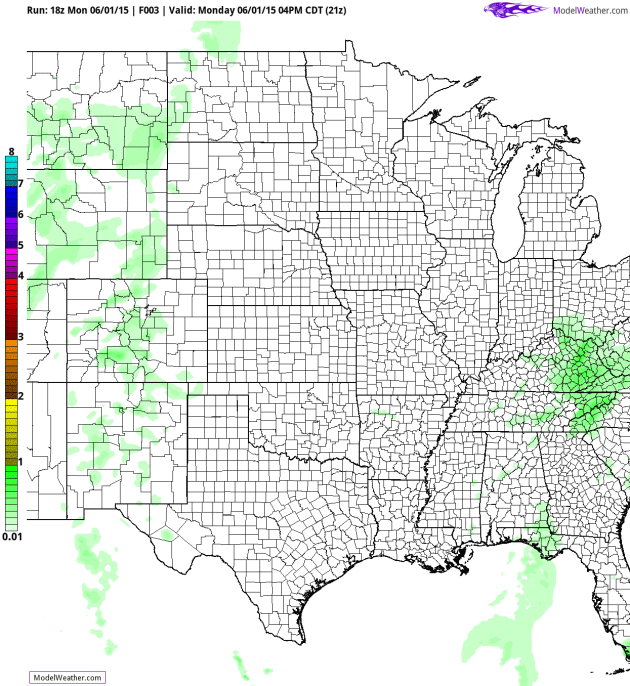
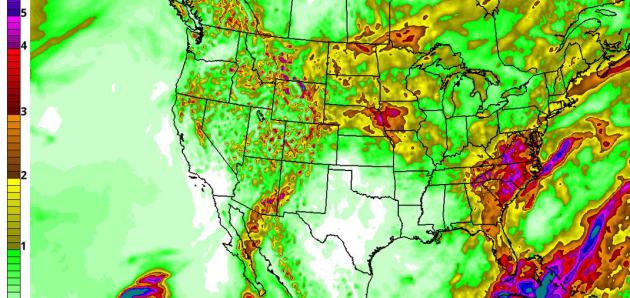
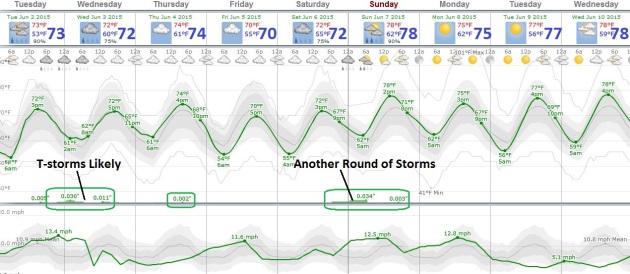
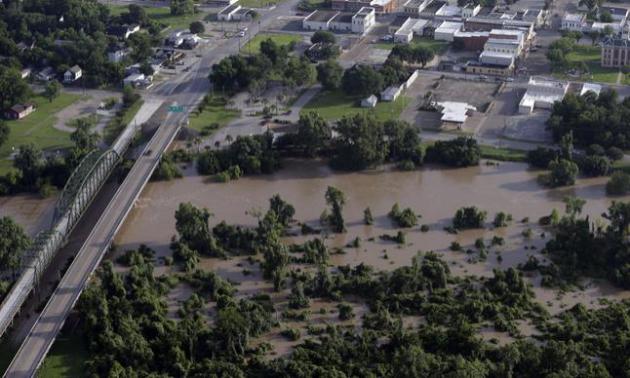

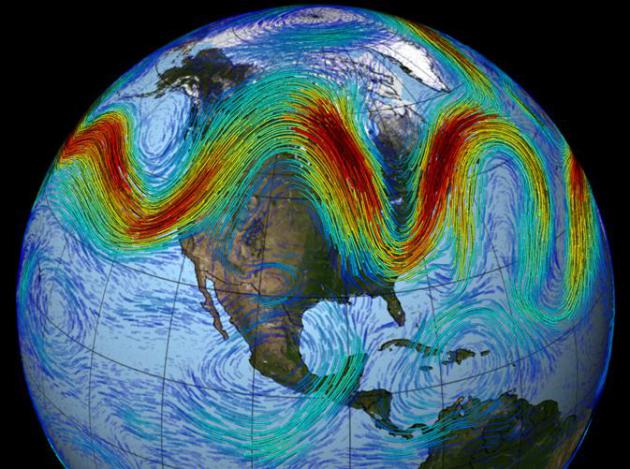
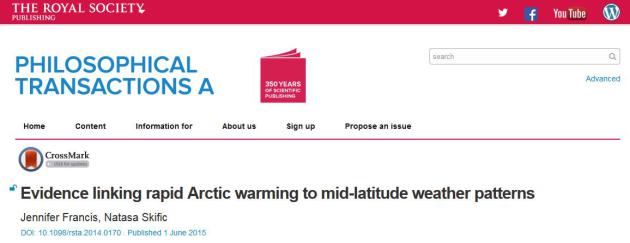
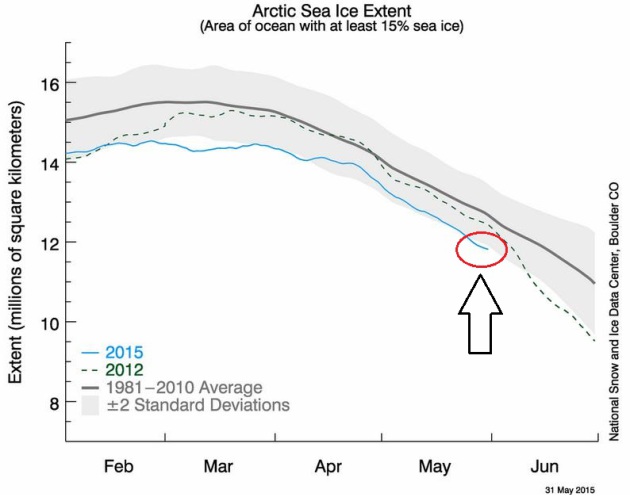
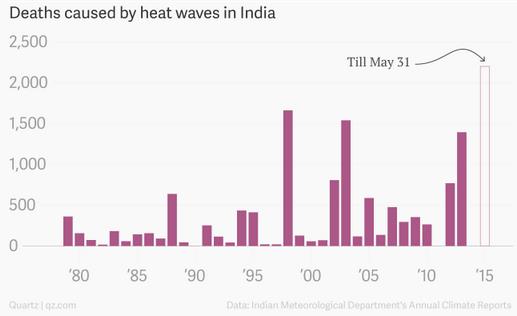
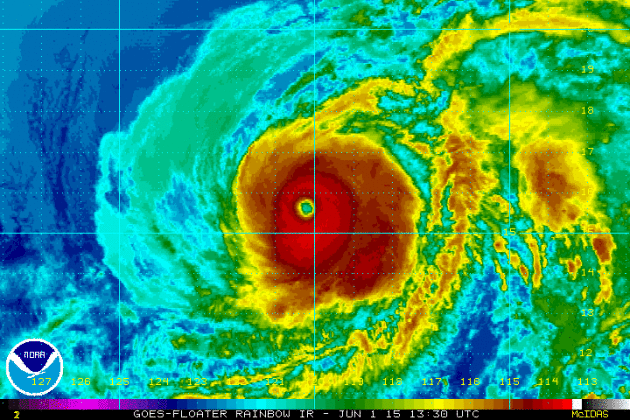
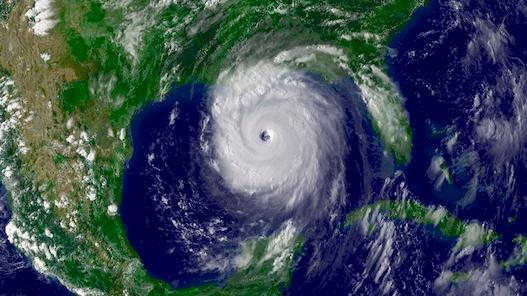
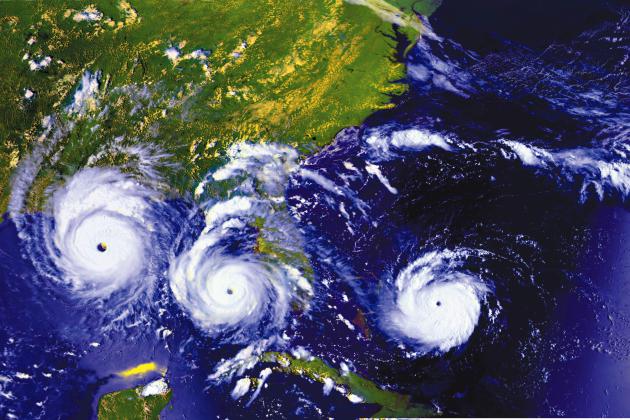
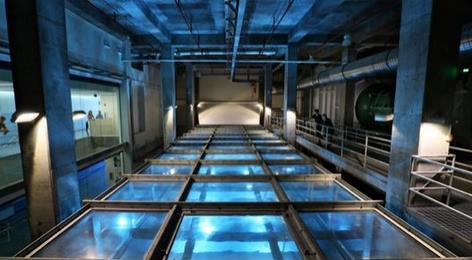
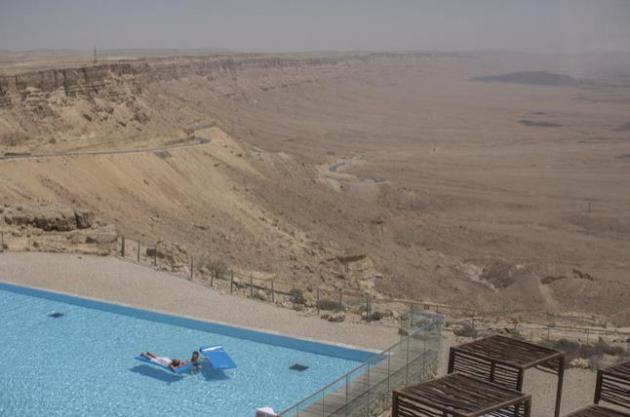




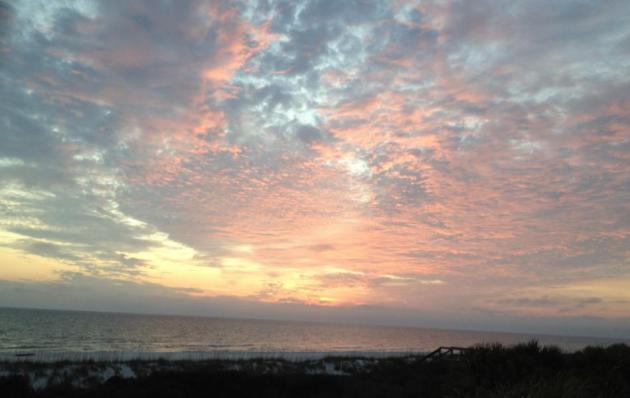
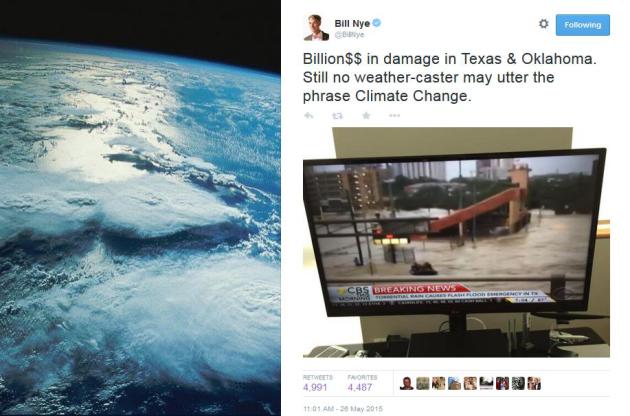
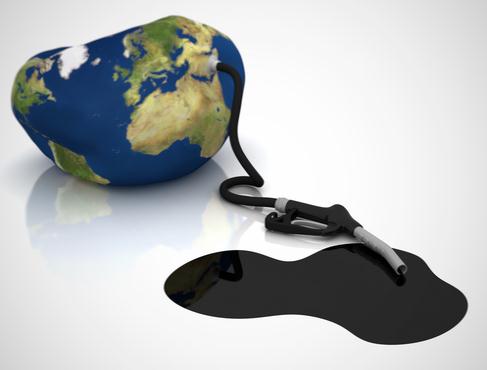
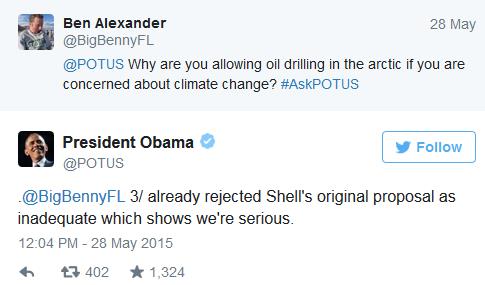
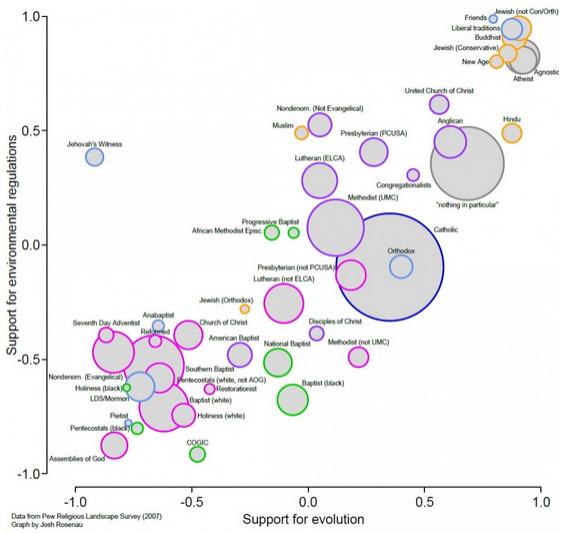
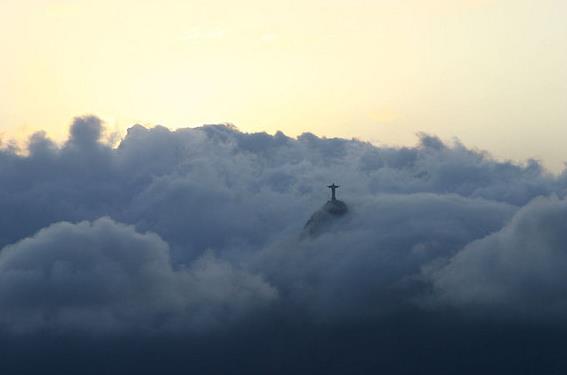

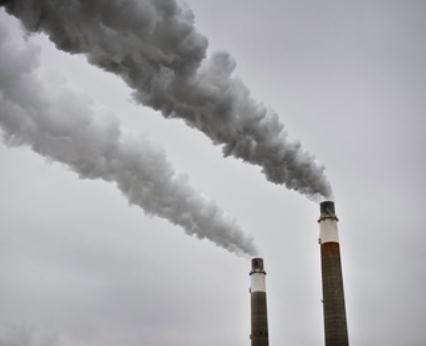

No comments:
Post a Comment